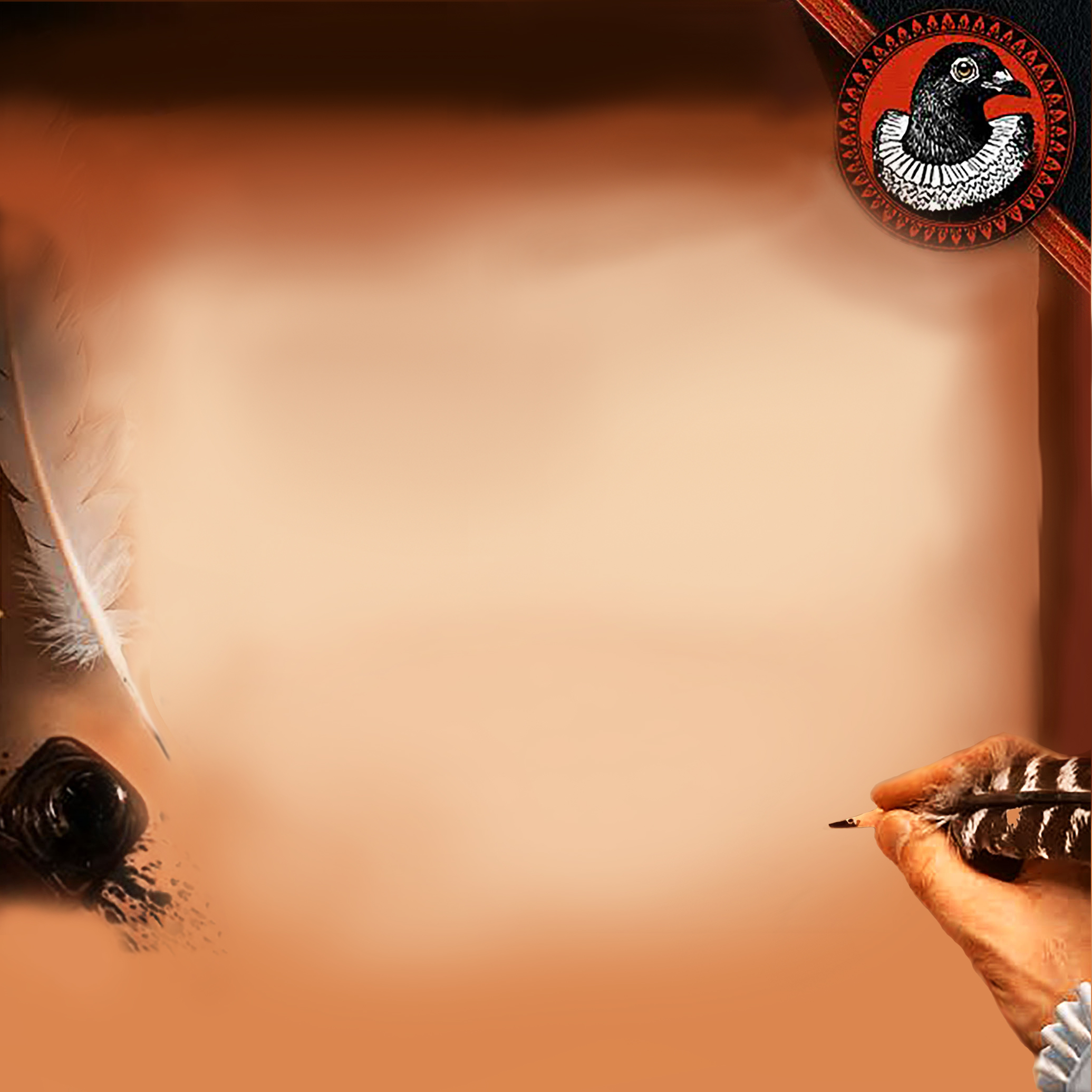Our new President Dogberry started his usurpation by ordering the Department of Homeland Security to conduct not only a 100-day moratorium on deportations, but an actual jailbreak for all illegal immigrants currently in custody. Non-enforcement of the law is now the law. Some people laugh in order to keep from crying, and we will use Shakespeare for the same purpose, or at least try to. Clearly, we’re in Hamlet territory.
At the start of the play, Horatio is chatting with a border guard, Marcellus, who has seen the famous Ghost of Hamlet’s father. Since as Hamlet’s friend, Horatio is plugged into the royal court gossip, Marcellus asks him why the border guards have been increased, and why the country seems to be shifting to a war footing. Aided by Shakespeare, Marcellus has a particularly beautiful way of asking:
Marcellus: “Good now, sit down, and tell me he that knows,
Why this same strict and most observant watch
So nightly toils the subject of the land,
And why such daily cast of brazen cannon
And foreign mart for implements of war;
Why such impress of shipwrights, whose sore task
Does not divide the Sunday from the week.
What might be toward, that this sweaty haste
Doth make the night joint-labourer with the day?
Who is’t that can inform me?”
With the democrat party operatives in Philadelphia, Atlanta, and a few other cities having dispatched President Trump in the same way King Claudius dispatched Hamlet’s father, Trump is no longer around to impose a strict and most observant watch to nightly toil the subject of the land. Though it’s worth noting that in Hamlet, King Claudius the usurper knew enough to patrol his country’s border:
Horatio: “That can I.
At least, the whisper goes so. Our last king,
Whose image even but now appear’d to us,
Was, as you know, by Fortinbras of Norway,
Thereto prick’d on by a most emulate pride,
Dar’d to the combat; in which our valiant Hamlet
(For so this side of our known world esteem’d him)
Did slay this Fortinbras; who, by a seal’d compact,
Well ratified by law and heraldry,
Did forfeit, with his life, all those his lands
Which he stood seiz’d of, to the conqueror;
Against the which a moiety competent
Was gaged by our king; which had return’d
To the inheritance of Fortinbras,
Had he been vanquisher, as, by the same cov’nant
And carriage of the article design’d,
His fell to Hamlet.”
Uh, say what? That was hardly easy reading, but Shakespeare goes deep into the legalese for a reason; he is showing that the prior war was conducted honorably. The two countries understood that the gains of the winner, whichever side that might be, would be permanent. Shakespeare felt it was important to spell this out, even in excruciating detail. The next part is much more fun. Horatio begins to describe a populist, expansionist rising in Mexico and Central America, I mean in Norway (young Fortinbras is the dead King Fortinbras’ son, but the crown in Norway has gone to the vanquished King Fortinbras’ brother, the exact situation as in Denmark with the Hamlet family. In both cases, the nephews fester, while the uncles rule):
Horatio: “Now, sir, young Fortinbras,
Of unimproved mettle hot and full,
Hath in the skirts of Norway, here and there,
Shark’d up a list of lawless resolutes,
For food and diet, to some enterprise
That hath a stomach in’t; which is no other,
As it doth well appear unto our state,
But to recover of us, by strong hand
And terms compulsatory, those foresaid lands
So by his father lost…”
The lawless resolutes are destitute mercenaries who will pursue any enterprise for food and diet; provided that they are fed. This sounds like the caravans of Central Americans who stormed northward 2,000 miles across Mexico three short years ago, somehow finding food and diet, and lodging, each night despite their massive numbers and poverty – and who are preparing to do so again. And who is their hot, young, and unimproved leader Fortinbras? Well, whoever supplied the money for those caravans, and is likely doing so again. A simple stage direction follows next:
[Enter Ghost again.]
Who is the Ghost? You know perfectly well who he is. The Ghost is the not-completely-slain and never-truly-slayable prior leader of Denmark, the leader who delivered order and justice before being usurped. Yes. He is President Trump. And can you hear him? He is calling out to be avenged.
P.S. I wanted to let you all know that my recasting of Hamlet as the 2020 election is now up for sale as an e-book and paperback through this link.
‘Hamlet’s 2020 Vision; A recasting of Hamlet as the tragedy of the 2020 election,’ reimagines Hamlet as the 2020 election by substituting the main players on our national stage for the play’s original cast of characters. I think the result is highly entertaining, but it also provides surprising insights into our current predicament, and it gives readers a chance to enjoy Shakespeare’s great tragedy from an entirely new angle.
